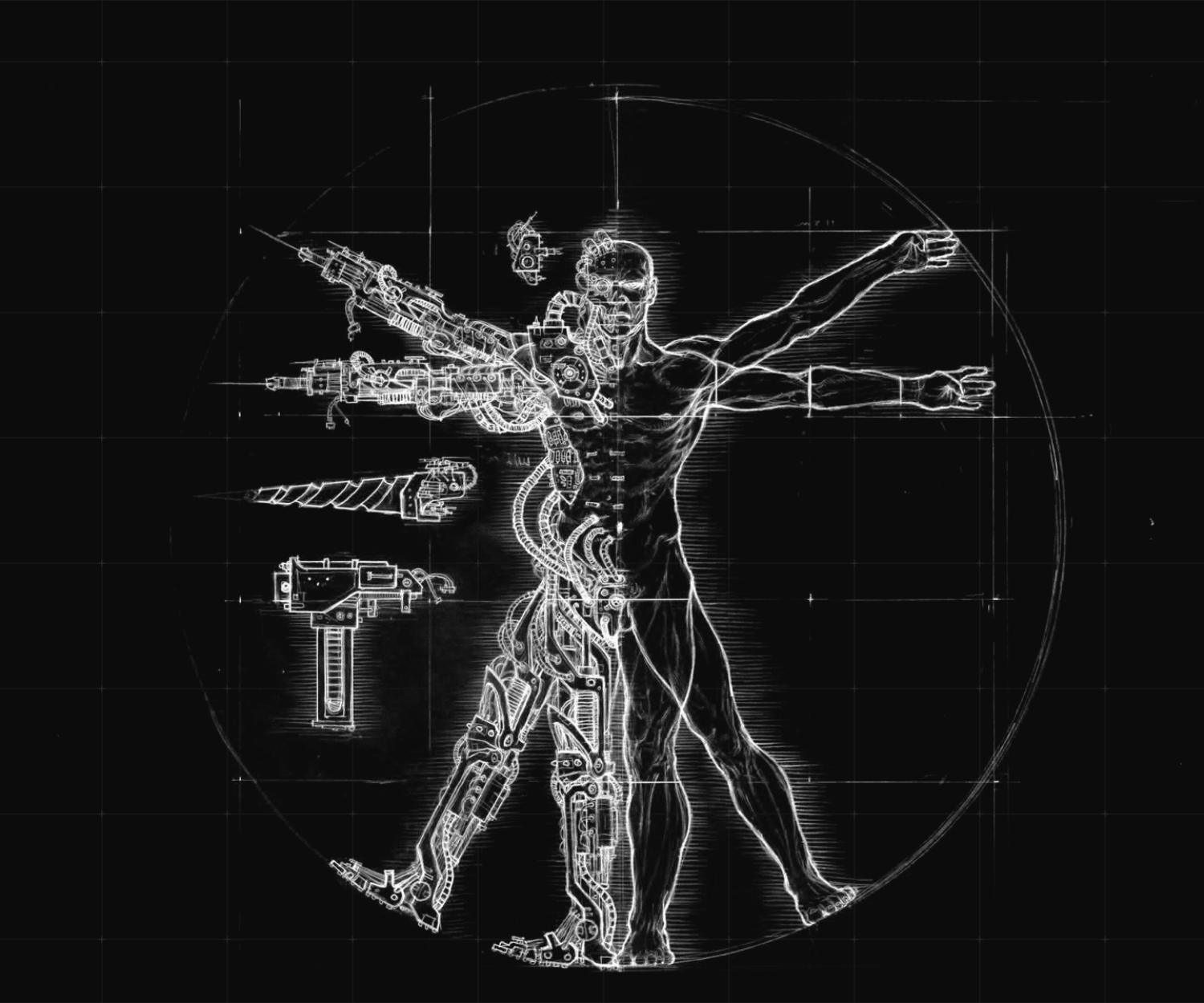Transhumanism… A Path to an Enhanced Human Experience? Executive Summary Transhumanism, an intriguing concept that has sparked extensive debate, envisions…
- Hello 👋, how can I help you today?

Imagine a world where humans are no longer limited by their biological bodies. They can live longer, think faster, and even experience reality in entirely new ways. This is the vision of posthumanism, a philosophical and cultural movement that explores the possibilities of transcending our current human limitations.
But what exactly is posthumanism? And how does it differ from transhumanism? Let’s delve into these ideas and see what the future holds for humanity.
Posthumanism is a broad and complex concept, but at its core, it revolves around the idea that humanity is in a state of evolution. We are not simply evolving biologically, but also technologically, socially, and culturally. Posthumanists argue that these changes are fundamentally altering what it means to be human.
Imagine a world where we can download our memories into a computer, or where our minds can be connected to a vast network of information. These scenarios, once confined to science fiction, are now being explored by scientists and engineers. Posthumanism embraces these possibilities and asks: what will happen to our sense of self when our bodies and minds are no longer bound by biological constraints?
Transhumanism is often seen as a stepping stone to posthumanism. It focuses on using technology to enhance human capabilities. Think of things like genetic engineering to cure diseases, or artificial intelligence to boost our cognitive abilities. Transhumanists believe that by enhancing ourselves through technology, we can create a better future for humanity.
But posthumanism goes further. It questions whether there will even be a clear distinction between humans and machines in the future. Will we eventually merge with technology to become something entirely new?
Posthumanism doesn’t just explore technology; it also considers the philosophical and ethical implications of these changes. Questions arise:
These are complex questions that require careful consideration. Posthumanism is not just about technology; it’s about how technology will shape our future, and how we, as a society, will navigate those changes.
Posthumanism is a challenging and provocative idea. It forces us to rethink what it means to be human and to consider the possibilities of a future beyond our current understanding.
While some may view it with apprehension, others see it as a hopeful vision for the future. The possibilities are endless: a world free from disease and suffering, a world where human potential is limitless, and a world where we can connect with each other and with the universe in ways we never thought possible.
Posthumanism is not just a scientific or technological pursuit; it’s a philosophical journey that invites us to explore the future of humanity and to ask ourselves: what does it mean to be human in a world that is constantly changing?
Secondary keywords: Transhumanism, Artificial Intelligence, Bioethics, Singularity, Biotechnology

